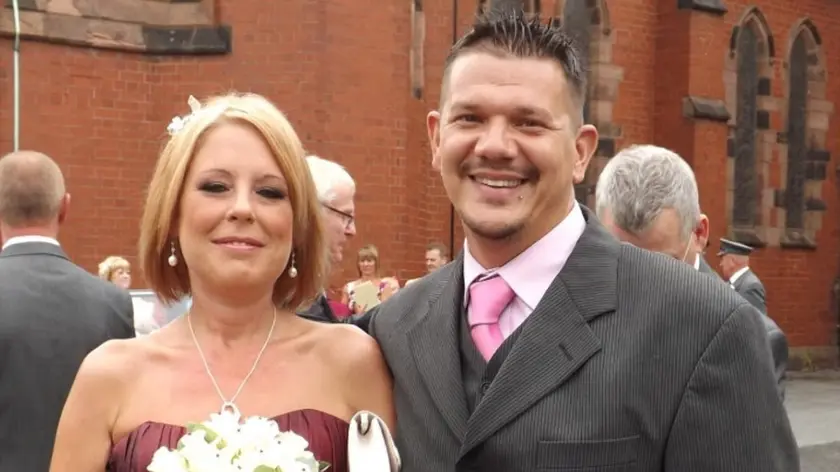T4K3.news
British rents dip in first five years
Rents for new lets fall 0.2% year on year in July, the first decline in five years, amid regional variation and easing mortgage costs.

Lower mortgage rates ease pressure on renters as rents show the first yearly decline in five years.
British private rents dip for first time in five years
Average private rents in Great Britain fell 0.2% year on year in July, the first annual decline since August 2020, according to Hamptons citing Connells data. The national picture hides wide regional differences, with Greater London posting a 3% decline year on year in July and seven of eleven regions still seeing rent rises. East Midlands, West Midlands and South West led the gains among rising regions, reporting increases of 3.4%, 2.7% and 2.6% respectively.
Rents for new lets are down, but rents for renewed tenancies continued to climb, rising 4.5% year on year in July. The shifts reflect a mix of factors, including supply and demand balances, the lingering effects of the pandemic on living patterns, and the pass-through of cost pressures to landlords when mortgage costs are higher. After five interest-rate cuts over the past year, mortgage costs for some landlords have fallen, easing the need to pass on further costs to tenants. Lower rates are also making it easier for some tenants to consider buying their first home, which reduces demand for rental properties. The figures come from Connells, one of the UK’s largest estate agents, and paint a nuanced picture of a market that is cooling unevenly.
Rightmove noted a “pandemic frenzy” easing as supply improves, with available rental properties about 15% higher than a year ago. Barclays estimated housing costs for renters now account for about 30.8% of take-home pay, compared with 26.6% for mortgage holders. Hamptons also highlighted a shift in investment, noting that 20% of buy-to-let companies formed this year are owned by non-UK nationals, up from 13% in 2016, while Brexit has shifted the share of EU ownership from 65% in 2016 to 49% in 2025.
Key Takeaways
"After five years of relentless rent rises, the market has paused for breath."
Direct quote from Aneisha Beveridge on the pause in rent growth.
"Renewal rents continue to climb."
Direct remark on renewal rents versus new lets.
The data shows a market trying to re-balance after years of price pressures. A pause in annual rent growth could ease financial strain for tenants, but the gains are uneven and unlikely to erase long‑standing affordability gaps. The split between new letting rents and renewal rents underscores how policy, lending conditions, and housing supply influence different tenant groups. If mortgage costs stay lower, landlords may keep waiting for clearer signs of demand shifts, while investors look for stability in a market that remains sensitive to regulation and cross‑border capital flows. The next test is whether the cooling broadens beyond London and the south to other regions, and whether policy choices align with the need for affordable housing without discouraging private investment.
Highlights
- After five years of relentless rent rises, the market has paused for breath
- Renewal rents continue to climb
- A cooling market is not a cure for affordability
- Lower mortgage costs shift the balance for buyers and renters alike
Budget and political sensitivity in rental market
The rent data intersects with policy debates on housing affordability, landlord taxation, and investor flows. Non‑UK ownership of buy‑to‑let stock and Brexit implications heighten political and public reaction risk, as changes to support schemes or regulatory measures could provoke backlash.
Markets move with policy and rates, and today’s pause invites careful watch on the road ahead.
Enjoyed this? Let your friends know!
Related News

British couple struggles with squatters in Mallorca home

FTSE 100 reaches intraday high of 9,102.53

Elon Musk awarded shares worth $29 billion

League of Legends finals draw record audience

EncroChat leader ordered brutal attack

Markets rise as Ukraine talks loom

Shaquille O'Neal defends Kobe Bryant's ranking

British family killed in Algarve crash
